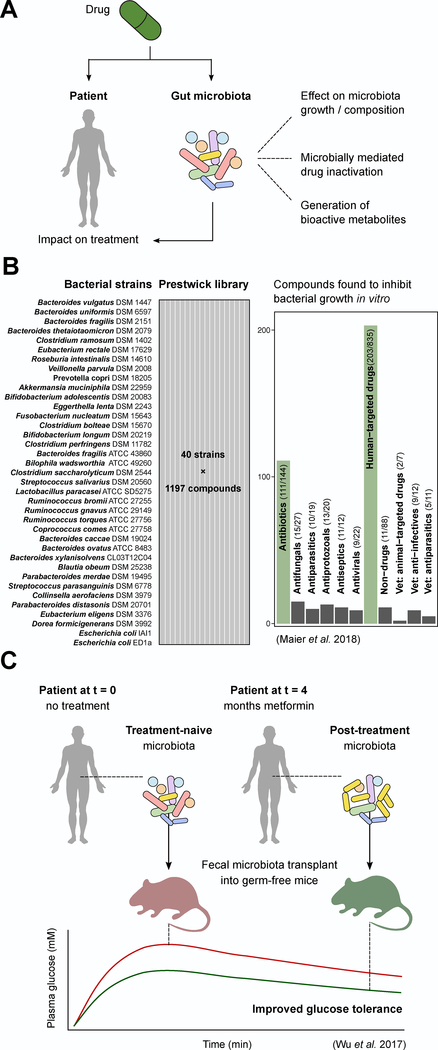Figure 2. Off-target effects of drugs on the gut microbiota and their consequences for disease treatment.
(A) Drugs can interact with the microbiota in a number of ways to potentially impact the treatment of disease, including affecting microbial growth and composition, being subject to inactivation and thus leading to reduced availability, or being converted to bioactive metabolites that can exert their own effects including toxicity. (B) A large screen of 40 bacterial strains against the 1,197-compound Prestwick library has demonstrated that multiple host-targeted (non-antibiotic) drugs can impact members of the human gut microbiota in vitro, with as-yet unknown effects in vivo or during the course of therapy. (C) Drug-induced changes to the microbiota during the course of therapy may contribute to or influence drug efficacy on the host. A recent study with metformin found that post-treatment (after 4 months of treatment) stool transplanted into germ-free mice improved glucose tolerance compared to transplant of treatment-naive stool for 2 of 3 patients tested.

